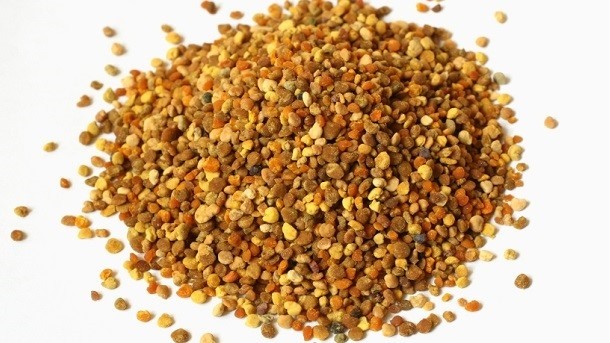Research finds bee propolis is a beneficial additive in lipsticks

Propolis is a resinous and sticky substance, produced by bees from sap and other botanical sources and used to seal the beehive. In cosmetic products, it is mostly used as an emulsifier, providing the required plasticity and anti-bacterial and anti-fungal properties.
The base components of lipstick recipes are oils and waxes, with the most important parameter affecting the lipstick's usage being its consistency, which is decisive with regard to application.
Therefore, waxes characterized by high melting temperature are usually used in lipsticks as a base, for example carnauba, candelilla wax and beeswax.
Textural properties
Having set out to study the effect of propolis on the rheological and textural properties of lipsticks, the research, published in the International Journal of Cosmetics Science, found that lipsticks with added propolis are more brittle and prone to crushing; however, the temperature increase (30°C) does not cause significant changes to the textural characteristics of these lipsticks.
The studied lipsticks were based on raw materials and contained no synthetic compounds, preservatives, fragrances or dyes.
The rheological and textural properties of the prepared lipsticks, both with and without propolis, were studied as a function of temperature and storage period.
Measurements were taken using an RS6000 rheometer (Haake, Germany) with a cone–plate sensor. Set at a diameter of 35 mm and an angle of two degrees.Textural tests were performed using the same cone–plate geometry.
The research results of rheological and textural properties of lipsticks, with and without the addition of propolis, indicate the possibility of application of propolis as a beneficial additive to such type of cosmetics.
“The presence of propolis does not significantly alter the viscoelastic properties of the lipsticks,” says the study.
“The courses of flow curves indicate shear thinning, which is very advantageous from an application point of view.”
From the rheological point of view, the properties of lipsticks tested in low deformation conditions show some structural changes, most likely due to consolidation of the structure.
















